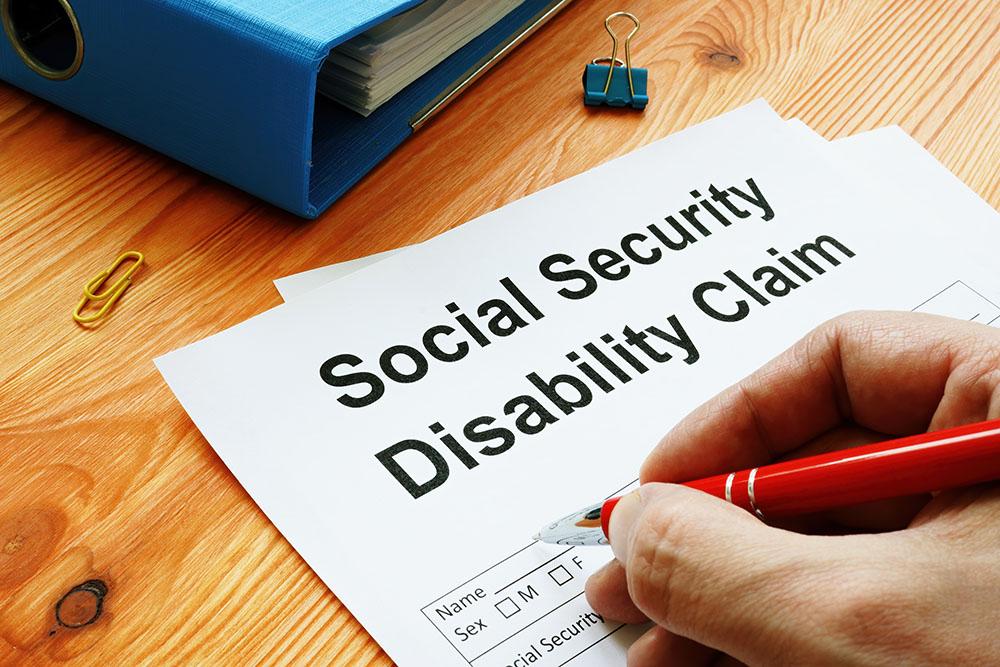Stevens-Johnson Syndrome (SJS) is a rare but severe condition affecting skin and mucous membranes. Often triggered by a reaction to medication, SJS can cause significant pain, long-term health issues, and, in some cases, be life-threatening. If you or a loved one has been diagnosed with SJS, understanding your legal rights and options is crucial. This blog post delves into the complexities of suing for SJS, the factors involved, and what you can expect from the legal process.
Understanding Stevens-Johnson Syndrome
Stevens-Johnson Syndrome typically begins with flu-like symptoms, followed by a painful red or purplish rash that spreads and blisters. The top layer of the affected skin dies and sheds, which can lead to severe complications, including:
- Infections: Open wounds from blisters can become infected.
- Eye problems: Inflammation can cause vision problems and, in severe cases, blindness.
- Organ damage: SJS can affect internal organs, leading to long-term damage.
- Permanent skin damage: Scarring and skin discoloration can occur.
SJS is often a result of an adverse reaction to medications such as antibiotics, anti-seizure drugs, and pain relievers. Given its severe implications, individuals who develop SJS due to medication may have grounds to sue the responsible parties.
Grounds for Legal Action
To pursue a lawsuit for SJS, you must establish that your condition resulted from negligence or a failure to warn by the drug manufacturer, healthcare provider, or pharmacist. Here are the critical legal grounds:
- Product Liability: This involves holding the drug manufacturer accountable. You must prove that the medication was defective due to its design, manufacturing process, or inadequate warnings about potential side effects.
- Medical Malpractice: If a healthcare provider prescribes a medication without adequately assessing your medical history or fails to recognize the early signs of SJS, they might be liable for malpractice.
- Failure to Warn: Pharmacists and drug manufacturers must warn consumers of the risks associated with a medication. They could be held responsible for the adverse effects if they fail to provide adequate warnings.
Steps to Take if You Suspect SJS
If you suspect that you or a loved one has SJS, taking immediate action is essential. Here are the steps to follow:
- Seek Medical Attention: SJS is a medical emergency. Prompt treatment can help reduce the severity of the condition and prevent complications.
- Document Everything: Keep detailed records of your symptoms, medical visits, treatments, and any medications taken before the onset of SJS. Photographs of your symptoms can also be valuable evidence.
- Consult a Legal Professional: Contact an attorney specializing in SJS or product liability cases. They can evaluate your situation, help gather evidence, and advise on the best action.
Legal Process for SJS Lawsuits
The legal process for suing SJS involves several steps:
- Case Evaluation: Your attorney will review your medical records, medication history, and other relevant documents to determine if you have a viable case.
- Filing a Lawsuit: If you decide to proceed, your attorney will file a lawsuit against the responsible parties. This initiates the legal process and sets the stage for discovery and negotiations.
- Discovery: During the discovery phase, both parties exchange information and evidence. This can include medical records, expert testimonies, and depositions.
- Settlement Negotiations: Many cases are settled out of court. Your attorney will negotiate with the defendants to reach a fair settlement, compensating you for your medical expenses, pain and suffering, and other damages.
- Trial: If a settlement cannot be reached, your case will go to trial. Your attorney will present it to a judge or jury, who will determine the outcome.
Compensation for SJS Victims
Compensation in SJS cases can vary widely depending on the severity of the condition and the impact on your life. Potential compensation may include:
- Medical Expenses: This covers the cost of hospital stays, surgeries, medications, and ongoing treatments.
- Lost Wages: If SJS has caused you to miss work or rendered you unable to work, you may be entitled to compensation for lost wages and future earning potential.
- Pain and Suffering: This compensates for the physical pain and emotional distress caused by SJS.
- Punitive Damages: In cases where the defendant’s actions were particularly egregious, punitive damages may be awarded to punish the wrongdoer and deter similar behavior in the future.
Challenges in SJS Lawsuits
While suing for SJS can provide much-needed compensation, these cases can be challenging. Defendants, giant pharmaceutical companies, often have substantial resources to fight claims. Proving causation—that the medication directly caused SJS—can also be complex and requires expert testimony.
Additionally, the statute of limitations varies by state, meaning there is a limited time frame to file a lawsuit. It’s essential to act quickly and consult with a legal professional to ensure your rights are protected.
Suing for Stevens-Johnson Syndrome is a complex but potentially rewarding process. If you or a loved one has been affected by this severe condition due to medication, understanding your legal options and taking prompt action is crucial. Consulting with an experienced attorney can help you navigate the legal process, gather necessary evidence, and pursue the compensation you deserve. While the journey may be challenging, holding responsible parties accountable can provide a sense of justice and financial relief to help you move forward.




